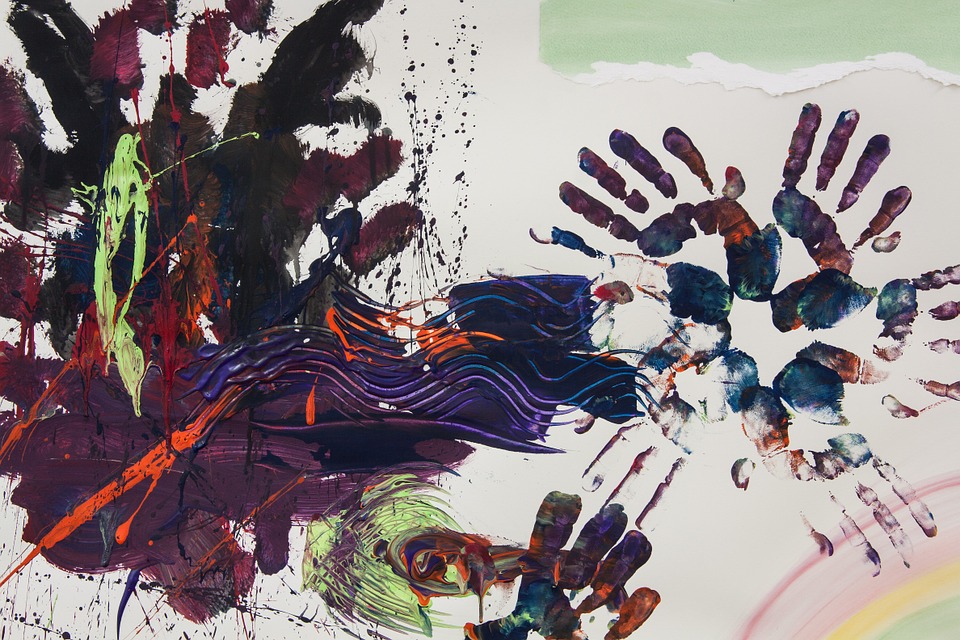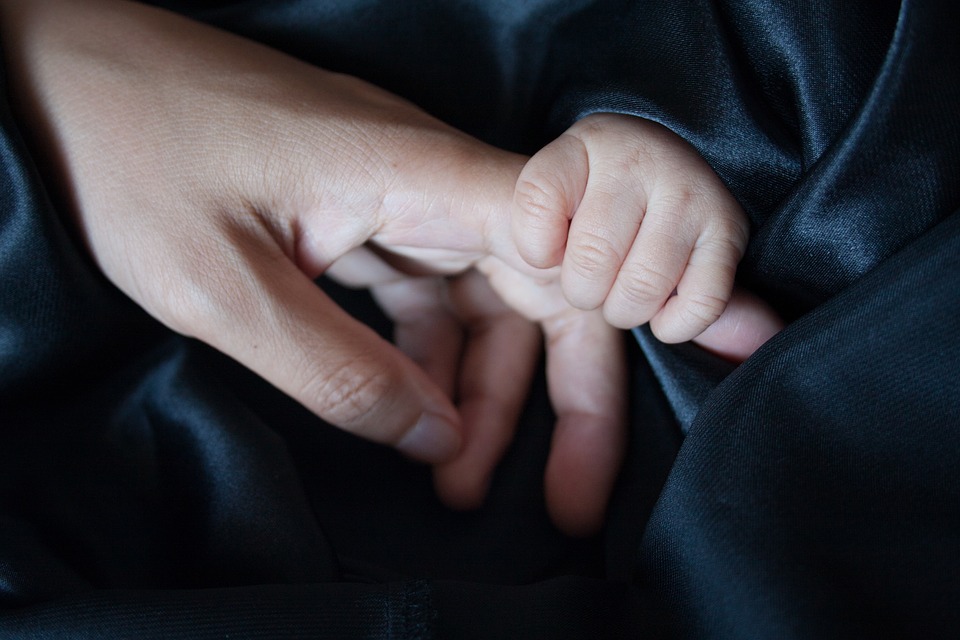A brief bedside art therapy may improve mood and decrease the levels of pain and anxiety in patients with cancer, a study claims. In the study published in the European Journal of Cancer Care, a bedside visual art intervention (BVAI) facilitated by art educators improved mood and reduced pain and anxiety in inpatients with haematological cancers.
The study was conducted on 19 female and two male patients admitted to the inpatient bone marrow transplant and haematologic services at Mayo Clinic School of Medicine-Rochester in the US. They were invited to participate in a BVAI where the goal of the session was to teach art technique for about 30 minutes. Significant improvements in positive mood and pain scores, as well as decreases in negative mood and anxiety, were observed, the researchers said.
Patients perceived BVAI as overall positive (95 per cent) and wished to participate in future art-based interventions (85 per cent), they said. According to the researchers, the findings indicate that experiences provided by artists within the community may be an adjunct to conventional treatments in patients with cancer-related mood symptoms and pain.
Parenting concerns put mothers with advanced cancer at higher risk of psychological distress while decreasing their quality of life as well as day-to-day physical functioning, a study says.
The study, published in the journal Cancer, also suggested that mothers with metastatic cancer (those that spread to other sites in the body) had, on average, higher depression and anxiety scores than did the general population.
“Among women with metastatic cancer, their health-related quality of life is powerfully interlinked with their parenting concerns about the impact of their illness on their minor children,” said co-author Eliza Park, Assistant Professor at University of North Carolina School of Medicine in Chapel Hill in the US.
“It appears to equally contribute to someone’s assessment of their quality of life as some of the clinical variables we routinely ask about,” Park added.
For the study, the researchers conducted an online survey of 224 women who had stage IV solid tumour cancer — cancer that had metastasised or spread elsewhere in the body — and at least one child under the age of 18 years.
The researchers found that their emotional well-being scores were also lower than for all adults with cancer.
The researchers also determined a mother’s emotional well-being was significantly linked with whether she had communicated with her children about her illness and her concerns about how her illness will financially impact her children.
“Parenting-related factors contributed to the amount of variation you see in quality of life almost equally as something like your functional status,” Park said.
The findings point to a need for greater support for mothers with metastatic cancer, the researchers noted.
While berries, rich in antioxidants and polyphenols, have been known to improve digestive system, help in weight loss, scientists have now found that they also has anti-cancer properties. Berries naturally produce pigments, that give them the red, blue and purple colour, known as anthocyanins.
These increase the function of the enzyme sirtuin 6 (SIRT6) in cancer cells, regulation of this enzyme could open up new avenues for cancer treatment, revealed the researchers from the University of Eastern Finland. Sirtuins are enzymes regulating the expression of genes that control the function of cells through key cellular signalling pathways.
Ageing causes changes in sirtuin function, and these changes contribute to the development of various diseases. Sirtuin 6 is a less well-known enzyme that is also linked to glucose metabolism. The study, published in Scientific Reports, also found a new cyanidin anthocyanin in berries.
“The most interesting results of our study relate to cyanidin, which is an anthocyanin found abundantly in wild bilberry, blackcurrant and lingonberry,” said lead author Minna Rahnasto-Rilla, from the varsity.
Cyanidin increased SIRT6 enzyme levels in human colorectal cancer cells, and it was also discovered to decrease the expression of the Twist1 and GLUT1 cancer genes, while increasing the expression of the tumour suppressor FoXO3 gene in cells. The researchers also designed a computer-based model that allowed them to predict how different flavonoid compounds in plants can regulate the SIRT6 enzyme.
The findings indicate that anthocyanins increase the activation of SIRT6, which may play a role in cancer pathogenesis. The study also lays a foundation for the development of new drugs that regulate SIRT6 function, the researchers said.
Scientists have developed a low-cost, reliable blood test for multiple myeloma that uses a small plastic chip about the size of a credit card, which could make painful bone biopsies a relic of the past. The diagnosis and treatment of multiple myeloma, cancer affecting plasma cells, traditionally forces patients to suffer through a painful bone biopsy, said researchers from the University of Kansas in the US. During that procedure, doctors insert a bone-biopsy needle through an incision to get a bone marrow sample – or make a larger incision and remove a section of bone via surgery. The blood test, described in the journal Integrative Biology, uses a small plastic chip about the size of a credit card that can deliver the same diagnostic information as a bone biopsy – but using a simple blood draw instead.
“For the last 10 years, we have been developing a blood-based test for a variety of cancer diseases – one of them is multiple myeloma,” said Steven Soper, a professor at the University of Kansas. “We will be able to eliminate the need for bone-marrow biopsies and allow the clinician to determine the best way to treat the disease using a blood draw,” said Soper. “From this test, the clinician will be able to determine the stage of the disease, what type of drug will best treat the disease and monitor for signs of recurrence if the disease goes into remission,” he said.
High levels of circulating multiple myeloma cells are linked with more aggressive disease and worse outcomes, so a sensitive test is vital for assessing the state of the disease in a patient and devising the most effective therapy. “The chip we are using, because it is made from a plastic, can be injection molded, the same method that is used to produce CDs, DVDs and Blu-ray Discs,” Soper said. “What is really nice is we can produce these chips for a couple of dollars per chip, which makes it really appropriate for testing in a clinical setting,” he said.
The technology could have applications across many cancers, making diagnostics easier for patients and clinicians, and helping usher in more tailored therapies that could improve patient outcomes, researchers said.
Pain that comes along with the treatment of cancer is nothing short of a malady itself. The stubborn pain is so severe that experts are calling it a condition by itself.
Cancer pain starts along with the disease and can affect bones, organs and also nerves. The traditionally recommended opium-derived pain killers, like morphine and codeine, only provide temporary relief.
And it goes without saying - they have side effects as well, like constipation and sedation. In fact, the patients may also develop a dependence on them and need larger and larger doses to achieve the same kind of impact as they develop a tolerance towards them.
Such a situation calls for a need of alternate pain management. There are many try-at-home ways that can help you achieve similar effects as opioid-based medicines.
They are generally safe to try and are effective in suppressing pain without showing any side effects. Here we list down four such ways that work to block inflammation-causing enzymes, hence lessening pain and swelling.
Turmeric
Curcumin is a turmeric extract that comprises almost 3 per cent of the total turmeric powder. Curcumin is known for its anti-cancer properties, which not only include pain suppression but also searching for pain-causing free radicals in the body and destroying them. Both turmeric and curcumin have anti-oxidant and anti-inflammatory properties.
A study conducted by a New York-based cancer research center concluded that turmeric was more precise as compared to aspirin in stopping inflammation. One can substitute NSAIDs for curcumin supplements or incorporate in their diet by making sure that they consume adequate amounts of the herb.
Studies have also shown that curcumin has the ability to trigger apoptosis (programmed cell death) that kills cancer cells without harming the healthy cells of the body. It can also stop the cancer cells from dividing. A study in fact showed that curcumin killed more cancer cells than chemotherapy alone.
It is a papaya fruit extract that comes from unripe papaya skin. Studies have shown that Papain attacks tumour cells and betters your immunity. The herb has also been proven to reduce the effects of radiation.
You can consume Papain in the form of Papain based supplements, or administer it topically.
Ginger extract is helpful in lessening pain and inflammation. It works by lowering the number of prostaglandins, molecules that indicate pain. Besides reducing pain, ginger is also effective in reducing the feeling of nausea and discomfort.
You can consume ginger fresh or as a dried root. It is available in the form of capsules, oils or extracts.
Not a herb but as vital as one, water is essential when you are undergoing chemotherapy. The process of chemotherapy causes your body to lose water, increasing the need to sip water regularly. It helps to flush the toxins off your blood stream and prevents a toxic waste build-up in your kidneys. It helps minimize tiredness and fatigue. Usually, bowel movement gets affected by chemotherapy, leading to constipation. Staying hydrated also helps deal with such gastro problems.











